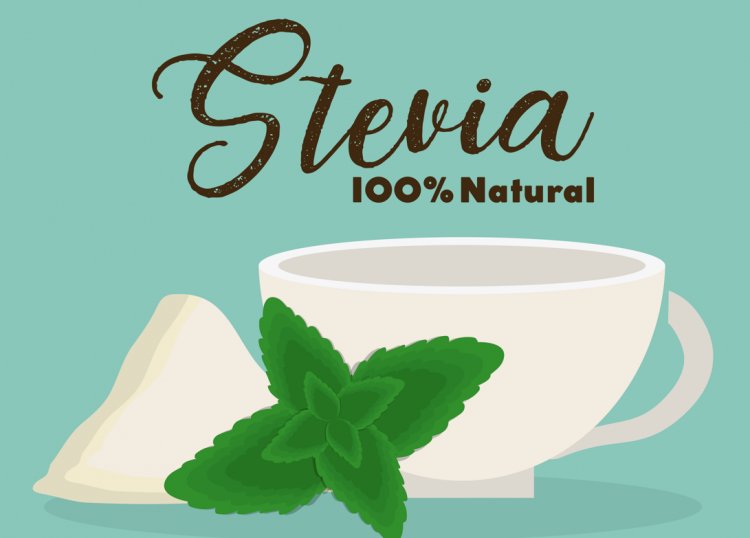Sweet Solutions: Exploring the World of Sugar Substitutes
Sweeteners are widely used food additives designed to provide sweet taste alternatives to sugar, often with reduced or zero calories. However, the impact of different types of sweeteners on health varies significantly.

Types of Sweeteners
Sweeteners can be categorized into two main types: artificial (high-intensity sweeteners) and natural:
a. High-Intensity Sweeteners (HIS)
-
Aspartame: Aspartame, a synthetic sweetener, is commonly used in diet sodas and sugar-free products. It is approximately 200 times sweeter than sugar and offers a taste similar to sucrose without the calories.
-
Saccharin: Discovered in the late 19th century, saccharin was the first artificial sweetener. It is intensely sweet (about 300 times sweeter than sugar) and is used in a variety of products, including beverages, baked goods, and canned fruits.
-
Sucralose: Sucralose, marketed under the brand name Splenda, is derived from sugar and is about 600 times sweeter than sucrose. It is heat-stable, making it suitable for use in cooking and baking as well as in beverages and confectionery.
b. Natural Sweeteners
-
Stevia: Stevia is a natural sweetener derived from the leaves of the Stevia rebaudiana plant. It is 200 to 300 times sweeter than sugar but has no calories. Stevia is often used in beverages, desserts, and as a tabletop sweetener.
-
Agave Nectar: Agave nectar is derived from the agave plant, primarily grown in Mexico. It is sweeter than honey and has a low glycemic index, making it a popular alternative sweetener in natural and organic foods.
-
Honey: Honey is a natural sweetener produced by bees from flower nectar. It contains trace vitamins, minerals, and antioxidants but is calorie-dense due to its high natural sugar content. Honey is used in various culinary applications and as a natural remedy for ailments.
Uses of Sweeteners
Sweeteners serve several purposes in the food and beverage industry:
-
Food Production: Sweeteners are essential in the production of low-calorie or calorie-free foods, catering to consumers seeking healthier alternatives.
-
Beverages: Diet sodas, sports drinks, and flavored waters often contain artificial or natural sweeteners to enhance taste without adding significant calories.
Health Effects and Controversies
The health effects of sweeteners continue to be debated:
-
Weight Management: Low-calorie and calorie-free sweeteners are promoted as aids in weight management by reducing overall caloric intake.
-
Metabolic Impact: Research suggests some sweeteners may affect insulin sensitivity and metabolic processes, though results are mixed and further studies are needed.
-
Health Risks: Certain artificial sweeteners have been associated with potential health risks, including digestive issues, headaches, and even metabolic disorders in some studies. Long-term effects remain a topic of ongoing research.
Consumption Recommendations and Safety
Guidelines for safe sweetener use include:
-
Daily Limits: Health authorities provide recommended daily intake limits for sweeteners to prevent overconsumption and potential health risks.
-
Special Considerations: Pregnant women, children, and individuals with certain health conditions should consult healthcare professionals before using sweeteners, especially artificial ones.
In conclusion, sweeteners play a significant role in modern dietary practices, offering alternatives to sugar with varying benefits and risks. Consumers should weigh these factors carefully, making informed choices based on individual health needs and consulting healthcare providers as necessary.
Disclaimer: The information provided in this article is for educational purposes only and should not be considered medical advice. If you have any health concerns or are experiencing symptoms, it is important to consult with a healthcare professional, such as a doctor or clinic, for proper diagnosis and treatment. Always seek the advice of your doctor or other qualified health provider with any questions you may have regarding a medical condition. Do not disregard professional medical advice or delay in seeking it because of something you have read in this article.
Hashtags: #Sweeteners #HealthTips #NutritionFacts
What's Your Reaction?





















